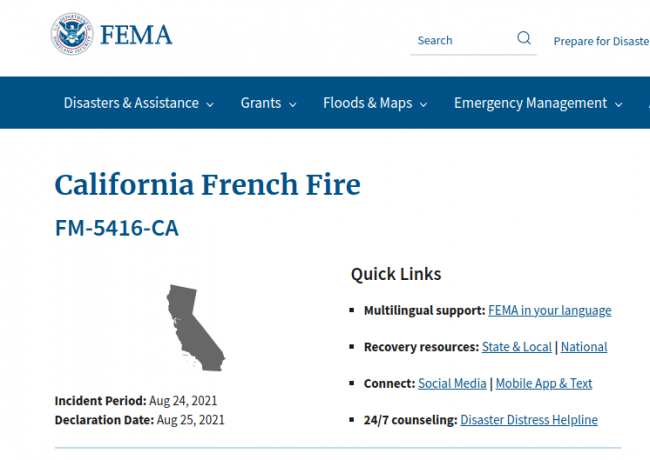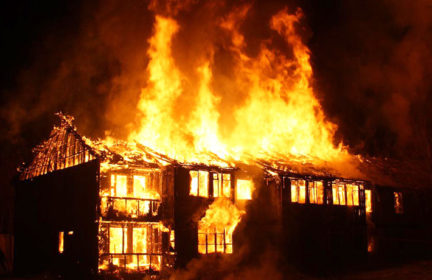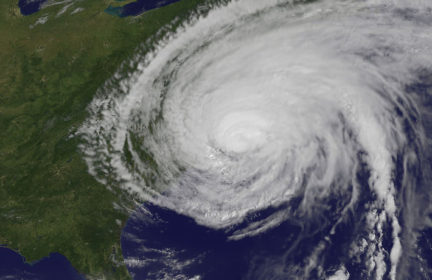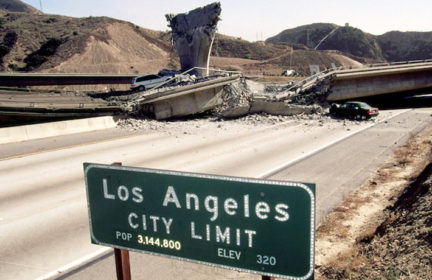Tips on working with FEMA for an insurance claim after a disaster?
I’ve been seeing a lot of media around the fact that FEMA actually accepts very few claims, very few claims are approved, and some folks have difficulty producing documents or getting a reasonable claim on lost property.
I live in a wildfire prone state. Up until a year ago I would have said I wasn’t in a wildfire prone neighborhood, but the east suburbs of Portland, OR ended up with a fire close enough and big enough to take out some property and caused a large evacuation area. I live in the west suburbs so this felt like a close call.
So it got me thinking about how I would rebuild after a fire. I have homeowner’s insurance I am going to look closely at, but I’m not sure yet if it would pay out if I lost my house to a wildfire.
Does anyone have the inside scoop on FEMA, getting through the process, documents needed, common errors, what kind of reimbursement to expect, etc?
-
Comments (11)
-



